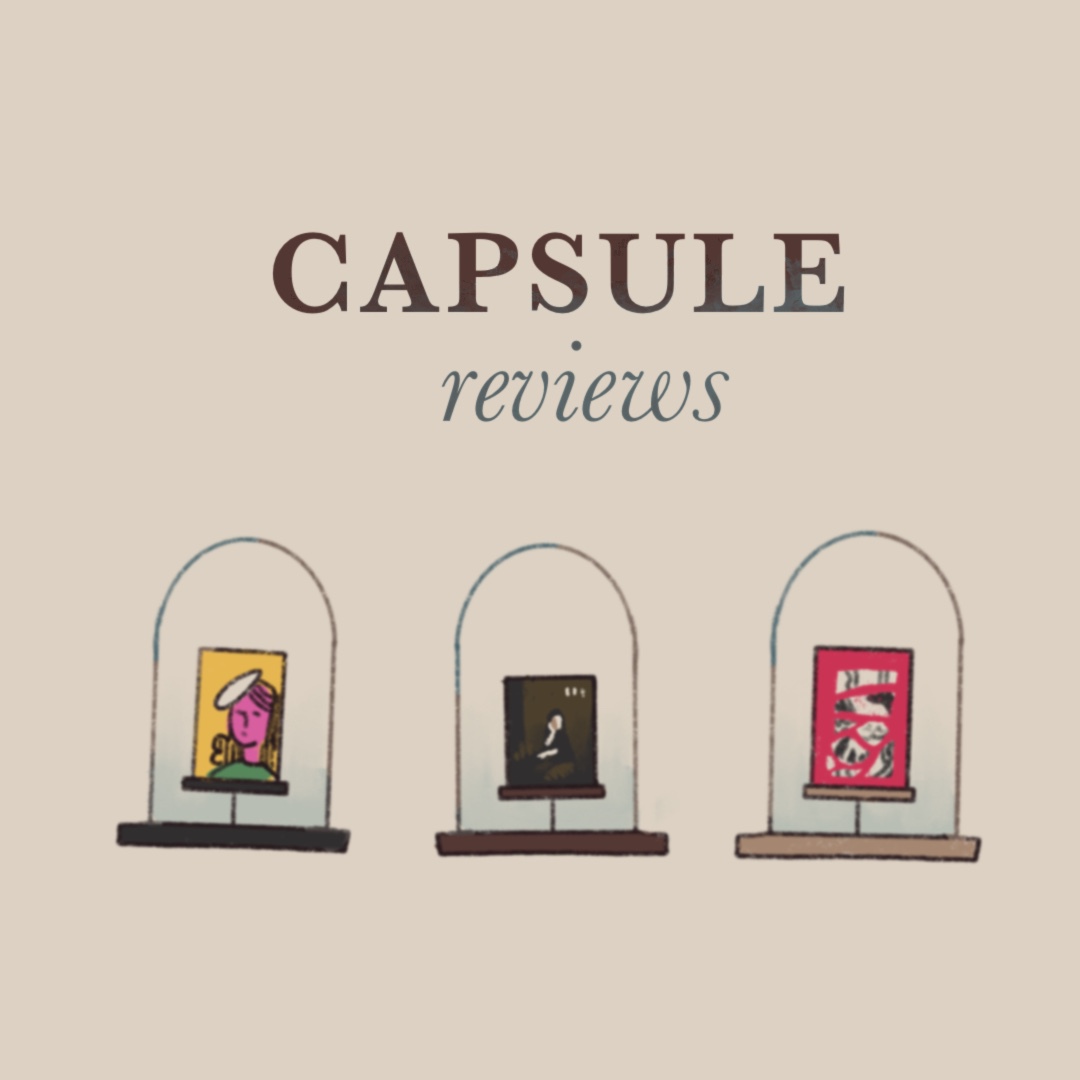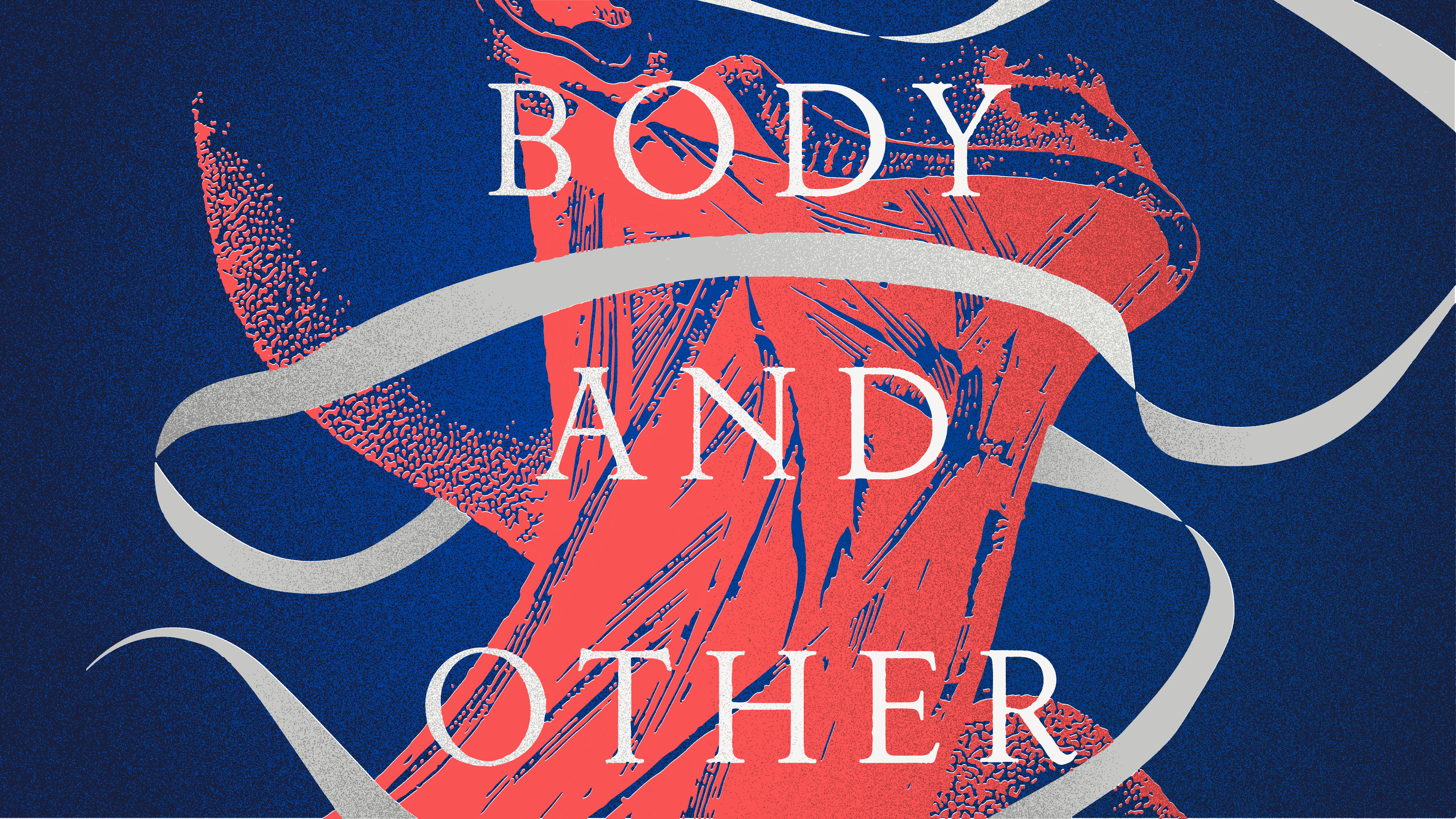SAIC Editor Dustin Lowman has been reading voraciously in the quarantine. A running journal of the books he read and what they do.
Trust Exercise, by Susan Choi (Henry Holt and Company, 2019). National Book Award winner, so who cares what I think? When I finished this, I felt duped in the way that I feel duped when my real life screws me — and, in turn, impressed that Choi could make me feel such a way. The novel contains several stories, which collectively comprise one central story, involving people who came of age in a leading high school for the dramatic arts. The audacious, factless tale is itself engaging, but the novel is really about the elusiveness of narrative. If I told you any more, I’d ruin the swerves, which are central to the novel’s impact. I’ve never read an account of high school which gives such credence to its dramas, and the soapy emotions they engender. My still-dissatisfied 15-year-old self felt seen. One reviewer called Choi’s prose “laminated,” which sounds about right, though I’d add “deliberate” and “remote,” in the same way Didion’s prose was always one small step/giant leap away from her subjects.
Recommended to almost anyone, but especially readers titillated by ambitious fiction.
Paul Takes the Form of a Mortal Girl, by Andrea Lawlor (Rescue Press, 2017). Exciting, bewildering, and sort of plotless. Paul Polydoris is an actual shapeshifter who, by concentrating, can alter his body in any way he pleases. Older/younger face, yes. Beefier/slighter physique, yes. Male/female genitalia, yes. In fact, he spends much of the book as a woman (Polly, get it?), during which time he is still referred to as “he” — pronouns are never overtly discussed, but they’re impossible to ignore. For the rest of the book, he is an image- and sex-obsessed “hunter,” on the prowl whenever he’s not mourning his failed attempts at love. He drinks too much, lets his friends down, and meets other magic people, whose existence is explained only by scant, un-elaborated-on fables. The loose plot means moments meant to be devastating are merely troubling, as when an early love dies (probably of AIDS) before Paul can say goodbye. But Lawlor is delightfully unabashed about all flavors of sex, thereby — thank God — normalizing them, and writes in friendly, agile prose, which, if you like fiction enough to care about my opinions, will probably be sufficient to shuttle you from beginning to end.
Fleishman is in Trouble, by Taffy Brodesser-Akner (Penguin Random House, 2019). Like 2019’s other big divorce story (the film “Marriage Story”), this novel’s plot is a downward spiral, which, moments before impact, makes a miracle water landing. Yes, let’s say a failing marriage is a 747 whose engines suddenly go out; pilot and copilot pull out all the stops to avert disaster (Was it an inherent structural issue? Did something go wrong mid-flight? Can we still salvage it?), but both know it’s doomed.
As told through the eyes of Toby’s college friend, Libby, husband and wife Toby and Rachel Fleishman descend into a nexus of anger and resentment, at which point Toby, a modestly successful hepatologist, hits eject, and parachutes into Hr, a Bumble-esque dating app through which he receives scads of salacious messages. Rachel, owner of a growing agency empire and the Fleishman family breadwinner, is left hounded by feelings of unworthiness, which metastasize into chronic insomnia, and she drifts away from her job, her children, her sanity. By the home stretch of Brodesser-Akner’s utterly believable, backstory-rich tale, Toby is on the verge of the wrong kind of HR attention, and Rachel is in the midst of a full-on nervous breakdown.
Then, the miracle landing: Toby has a moment of clarity staring out the window of his uptown Manhattan apartment, Rachel gets some sleep, and Libby the friend explains, in no uncertain terms, how to interpret her tale. Conveniently, Libby is an ex-journalist/aspiring novelist, and reflects to worn-out Toby (at an engagement party, ironic), “Maybe this will be my story.” Basically, Toby is unpunished, Rachel gets well, and Libby’s pen is reanimated. Things seem eerily on the verge of working out, belying the stormclouds Brodesser-Akner has spent the previous 300 pages gathering. (I had the same feeling while watching “Marriage Story.”)
Brodesser-Akner’s work alludes overtly to its predecessors — Wolfe’s big, cosmopolitan prose; Franzen’s universal-in-the-individual domestic planets; Roth’s exhaustingly psychoanalytic Jewish male leads — and undermines them even more overtly. Hers is a feminist rereading of those totemic dudes, in which we witness Toby Fleishman go from sorta sympathetic to unreliable to jerk. Likewise, Rachel goes from neglectful witch to put-upon survivor to prisoner of a genetically sexist world. Neither, ultimately, is the good guy or the bad guy; as in any compromised union, each is their own protagonist and the other’s antagonist.
As a continuation and inversion of precedent, “Fleishman is in Trouble” is wildly successful. It’s rich with the kinds of human moments that make you happy to be alive and literate, and with new ideas about old subjects. The convenient bow of an ending — during which the book briefly slips from novel to think piece — is a little disappointing, but endings are hard.
Read it, for all you’re worth, and expect some kind of streamable adaptation.






















